Archive
2021
KubaParis
remains
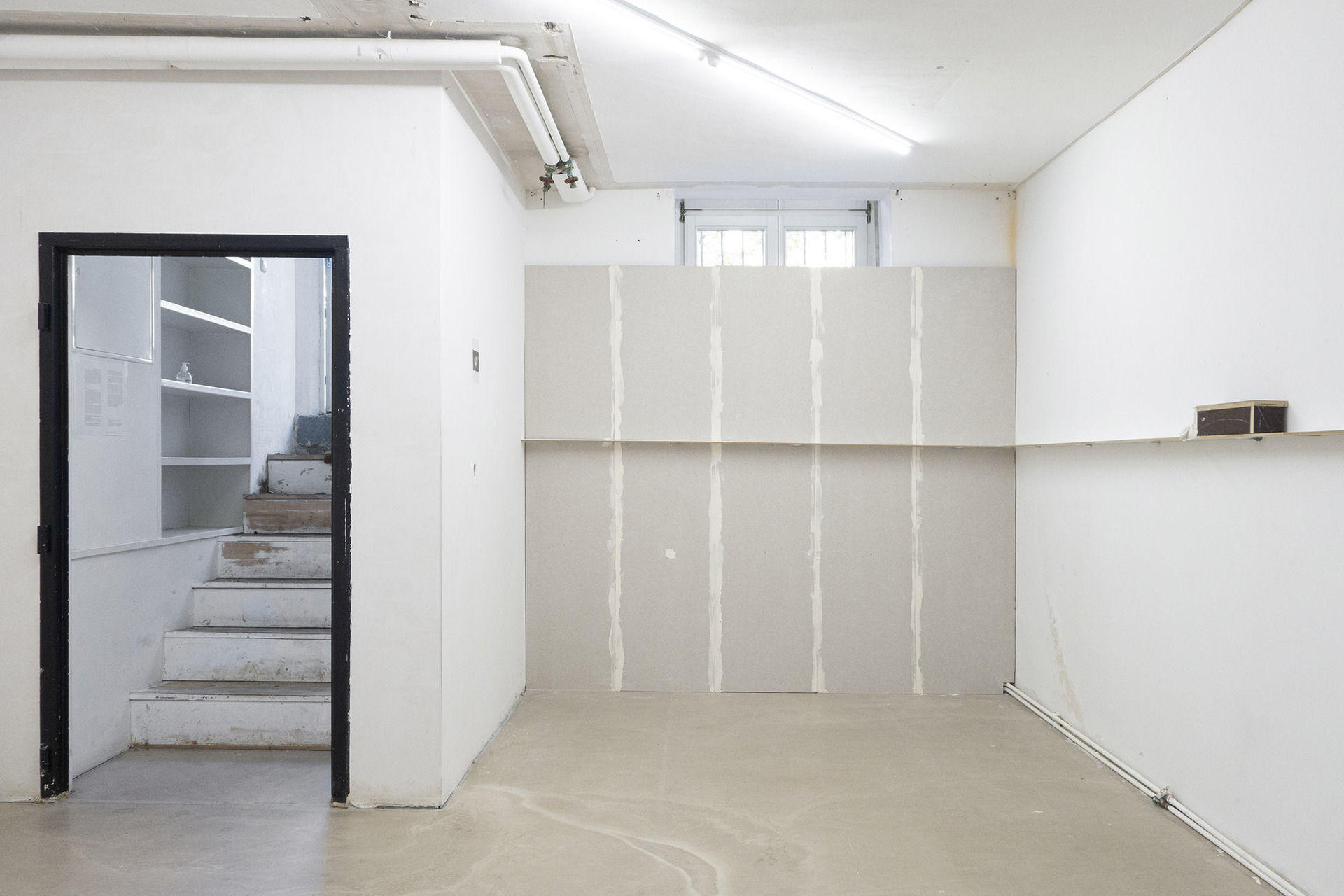
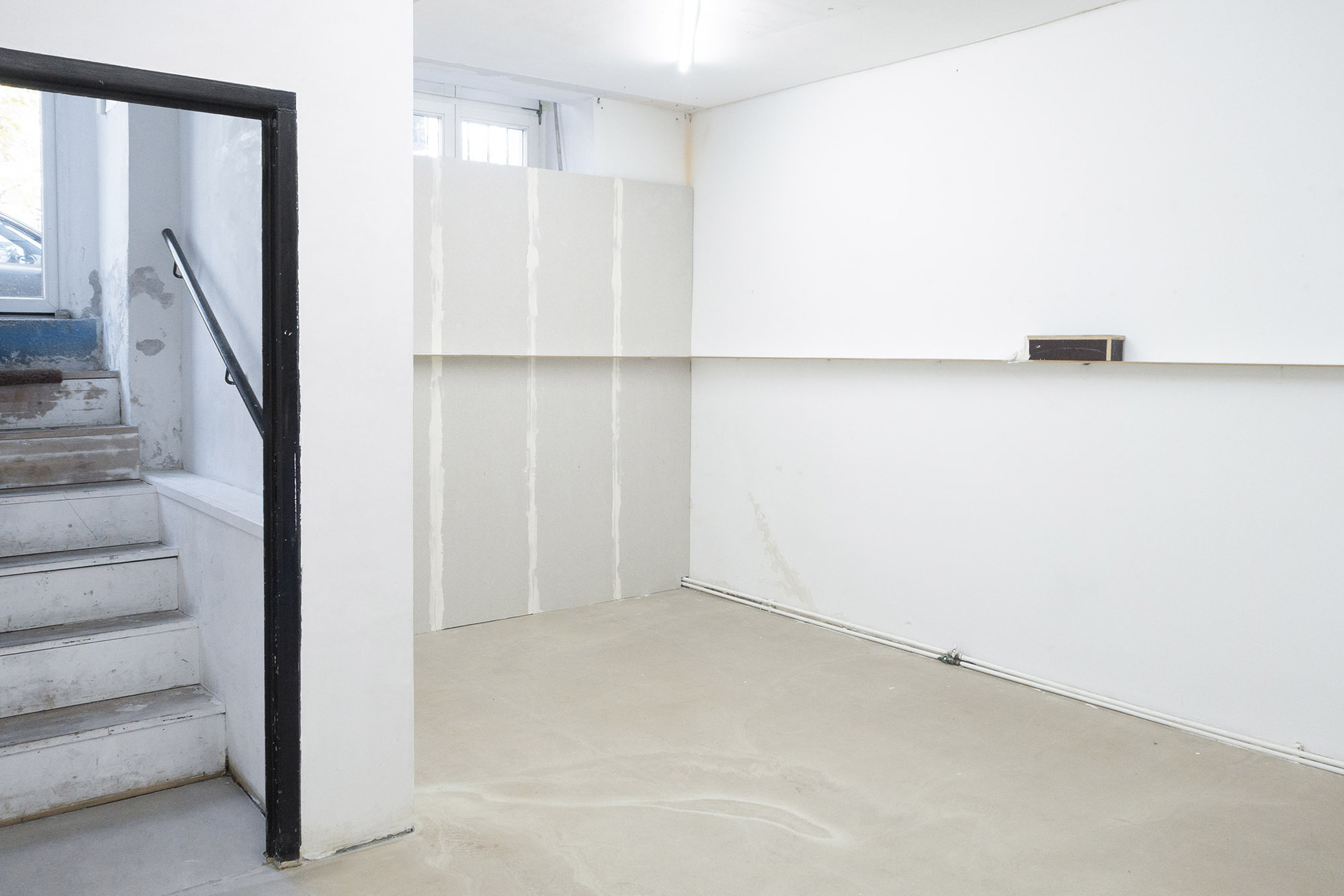
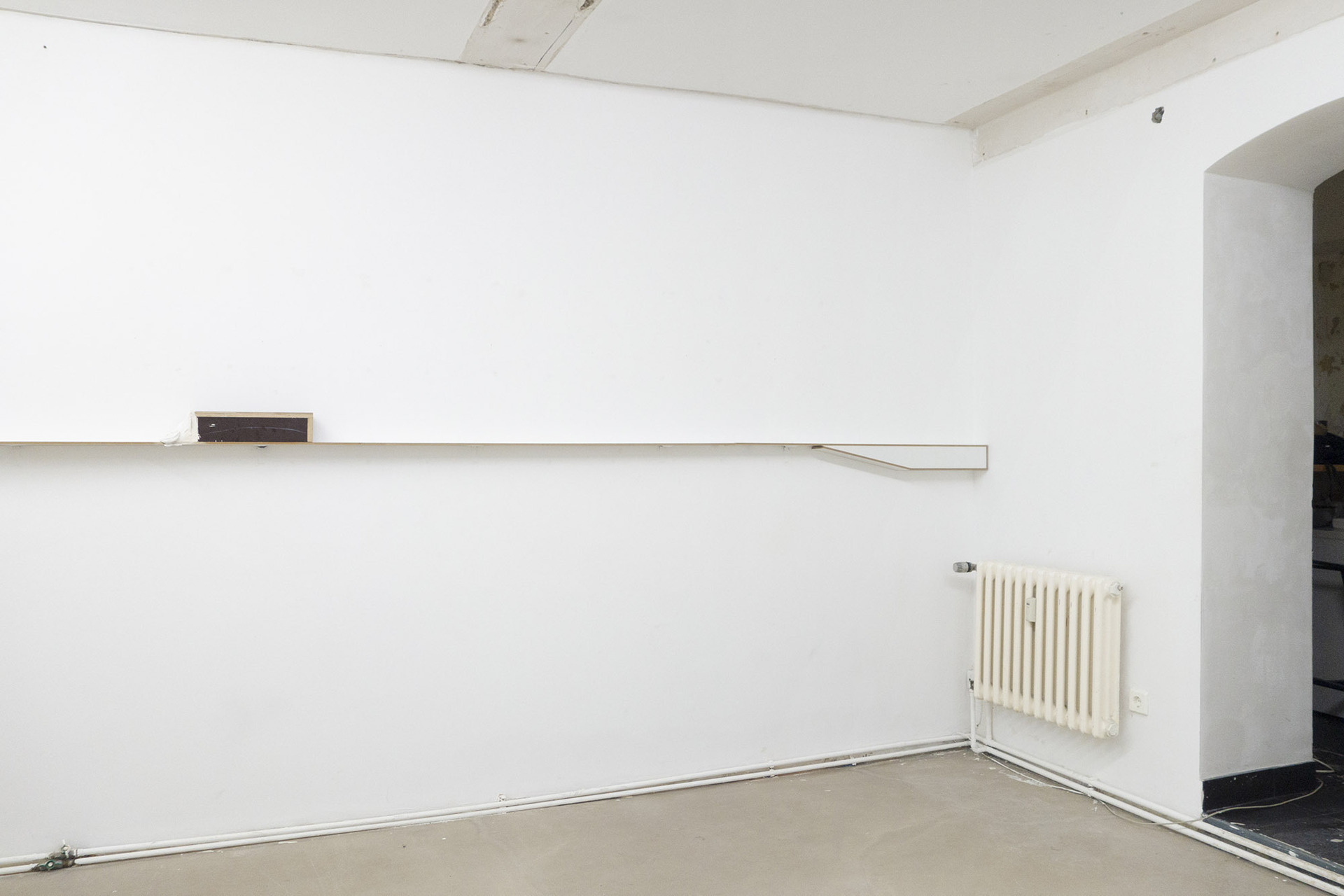
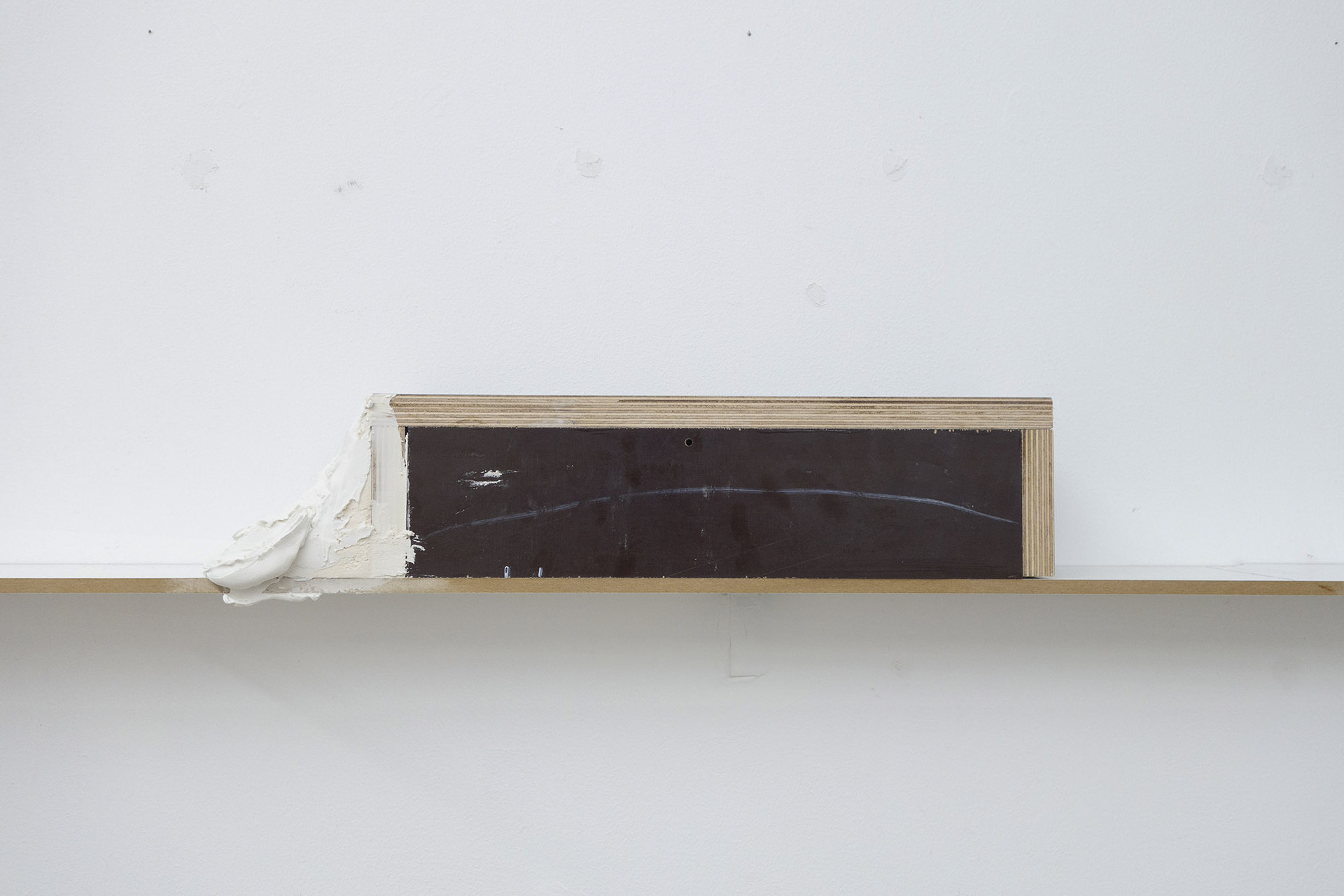
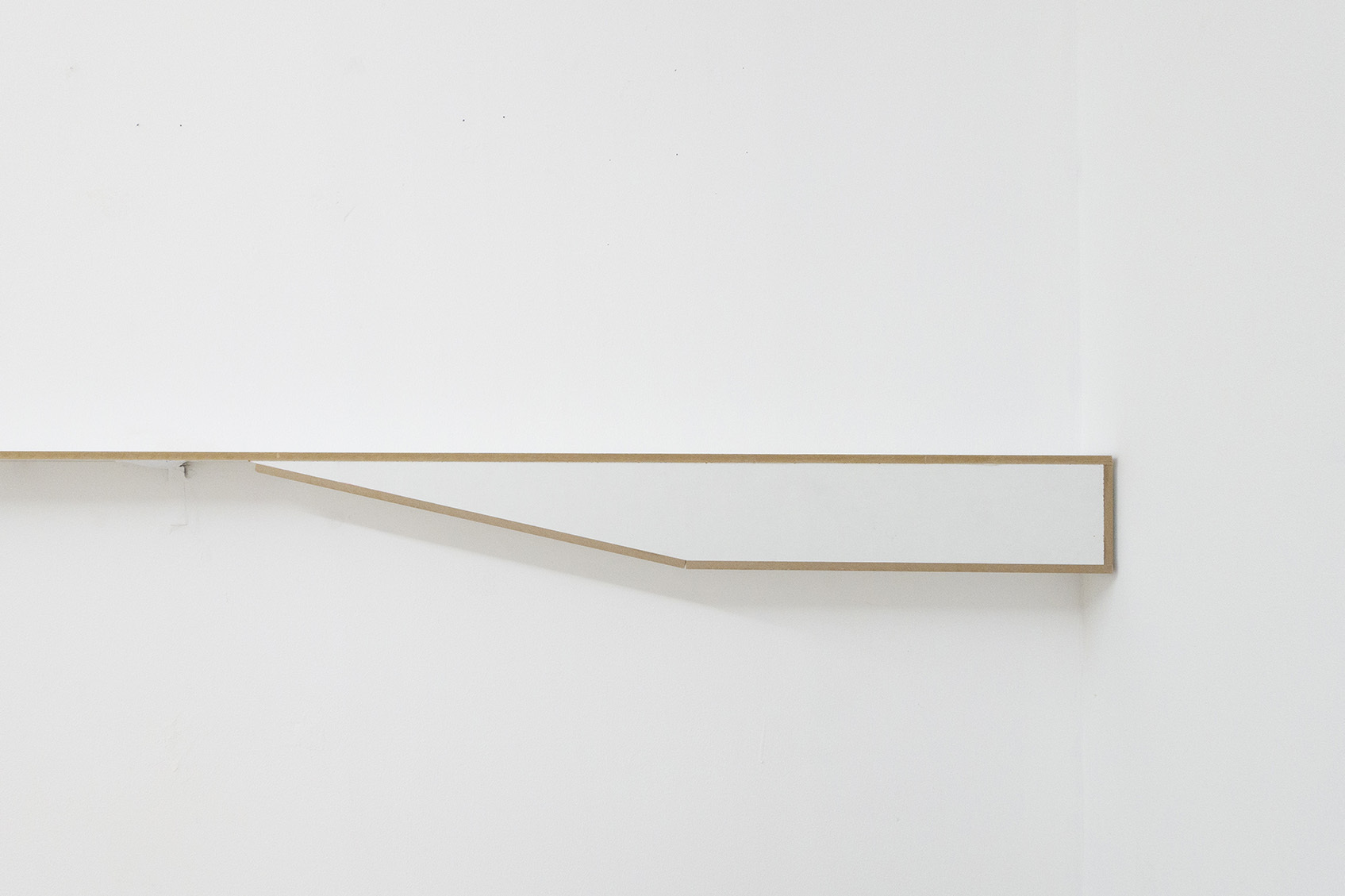
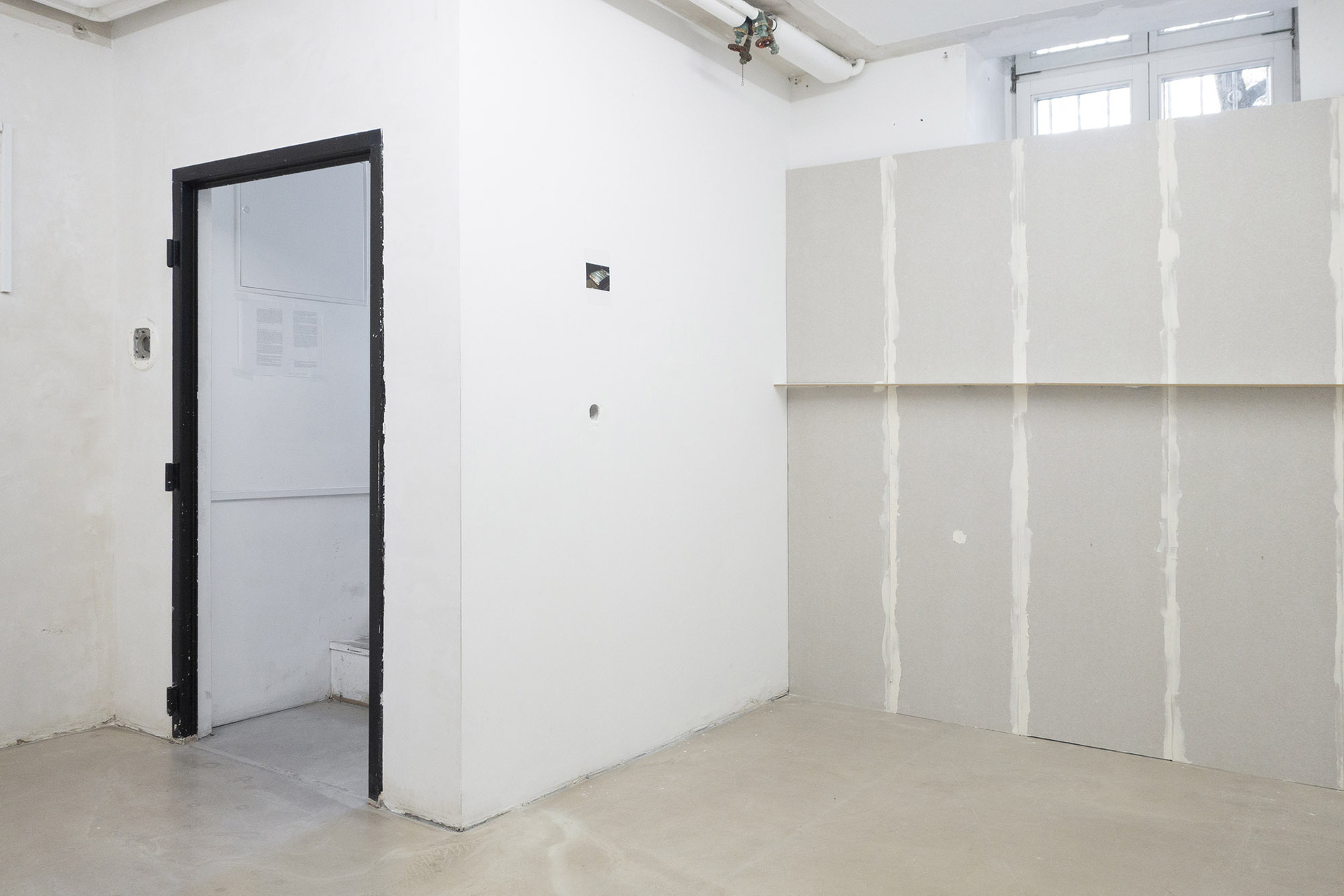
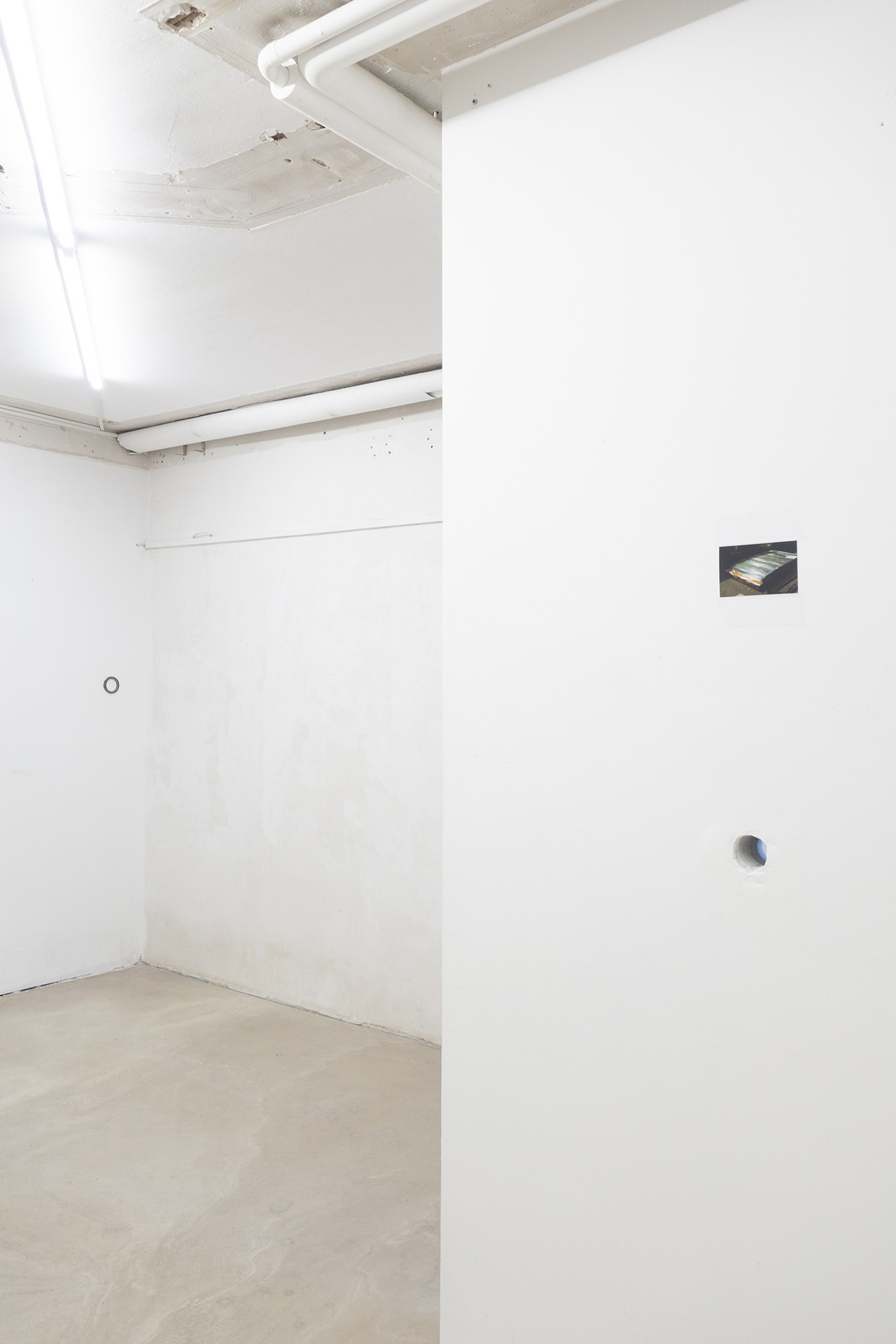
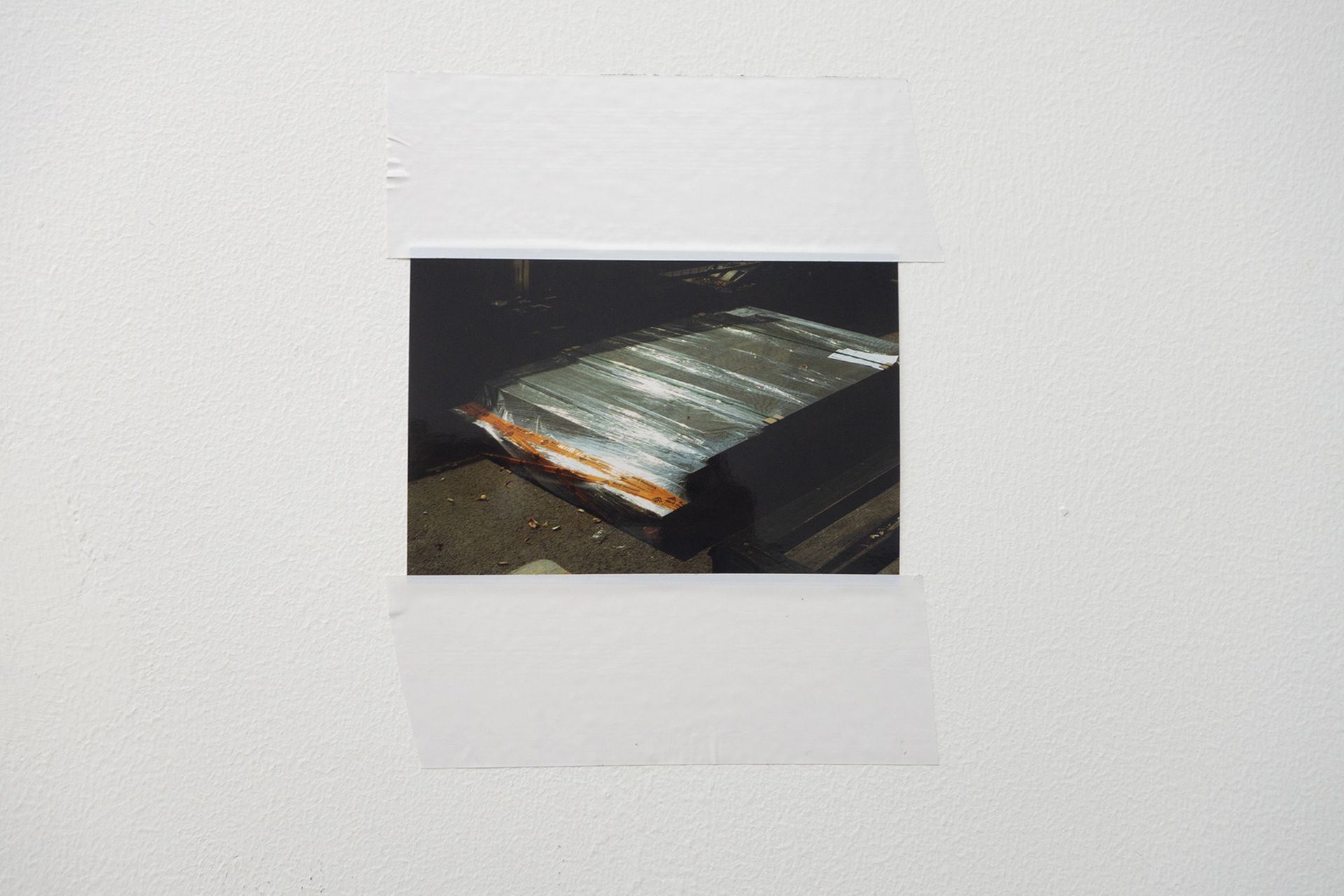
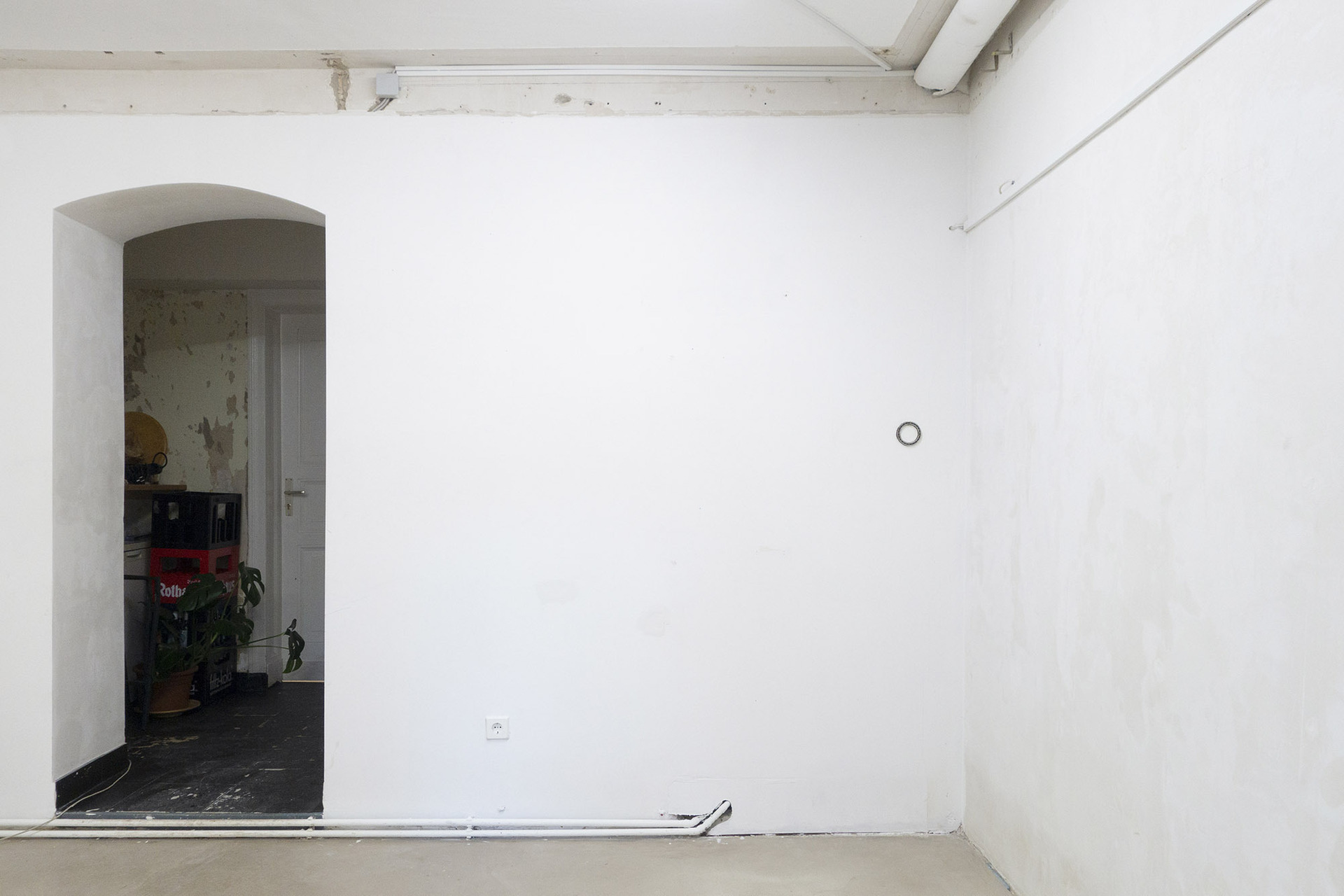
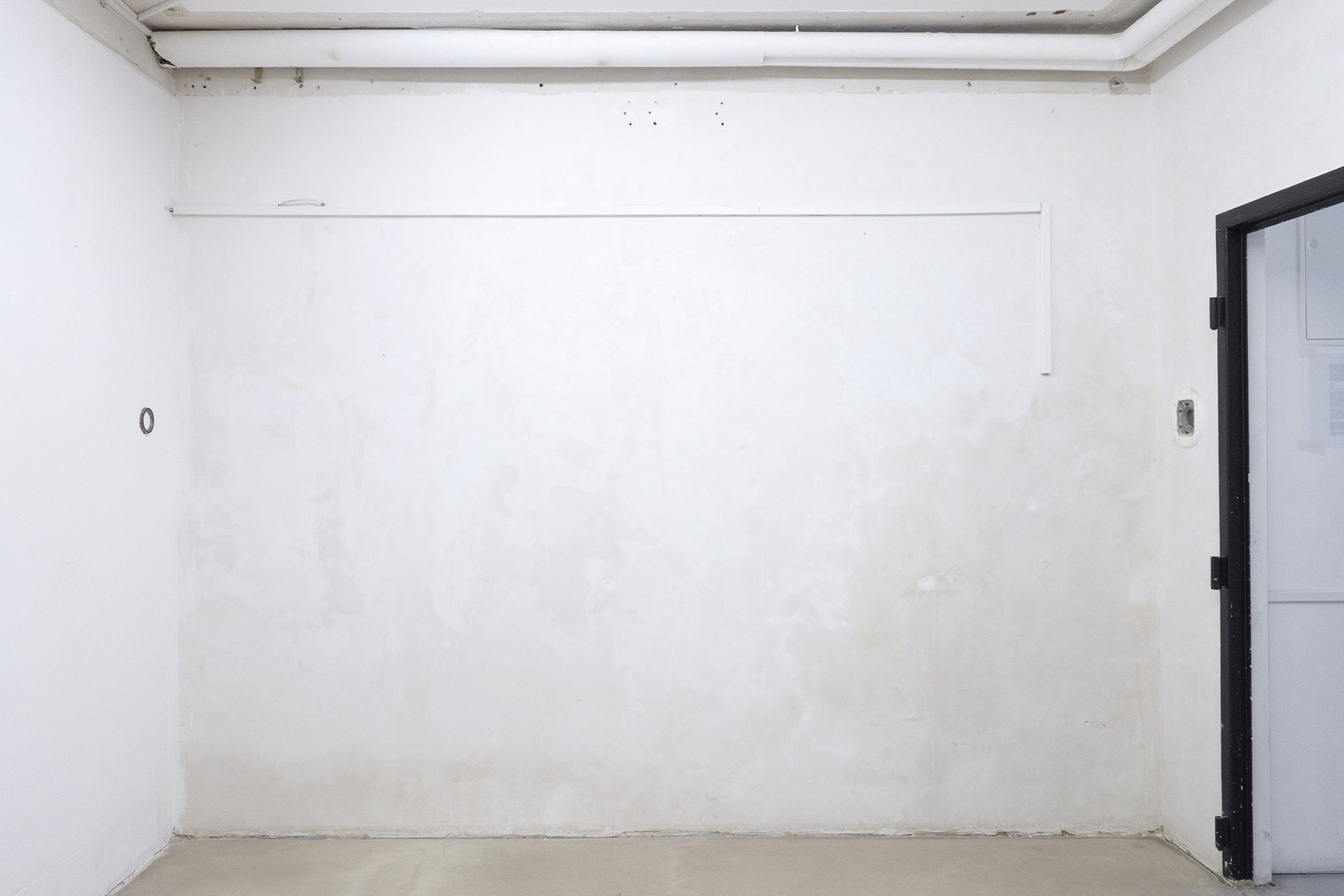
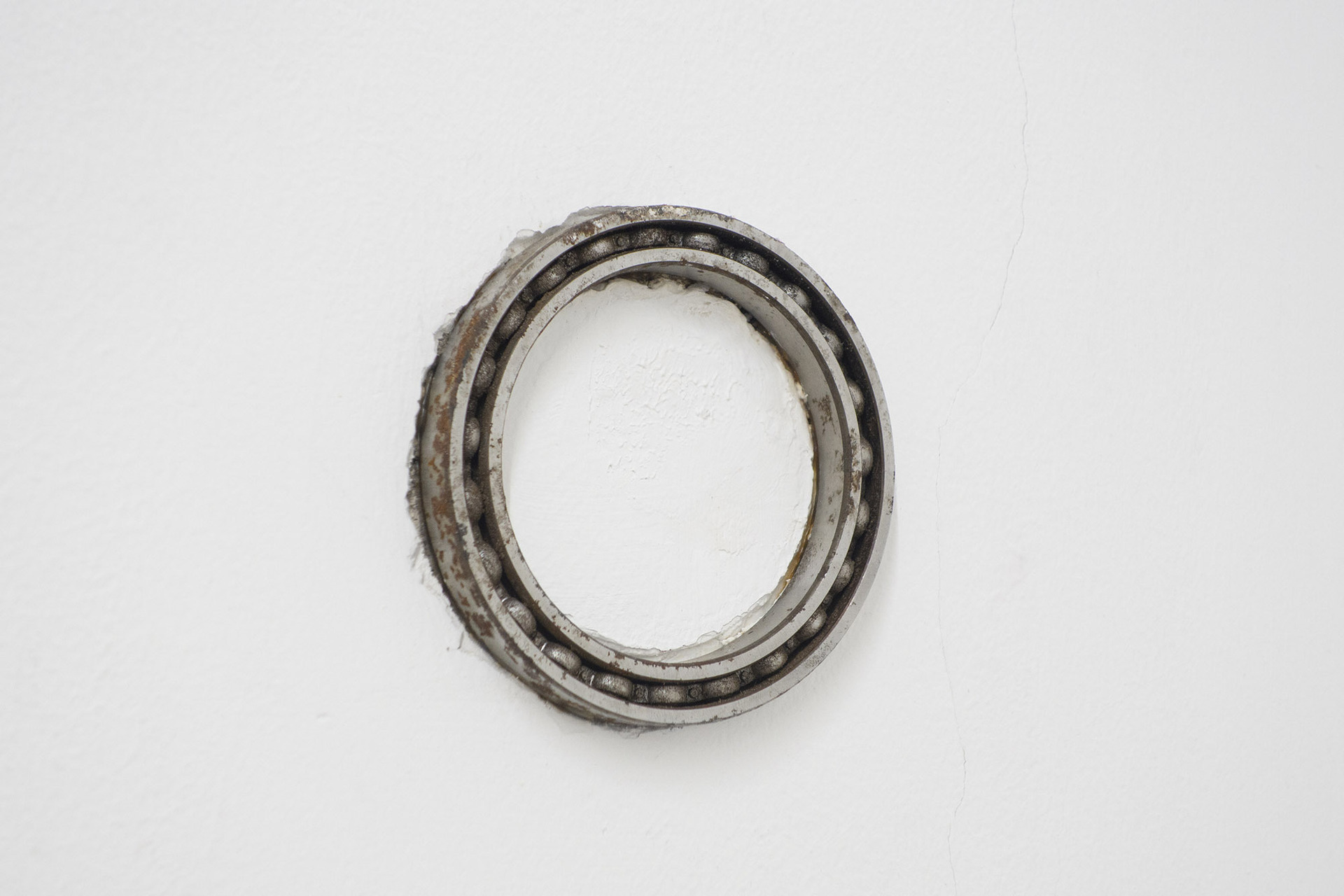
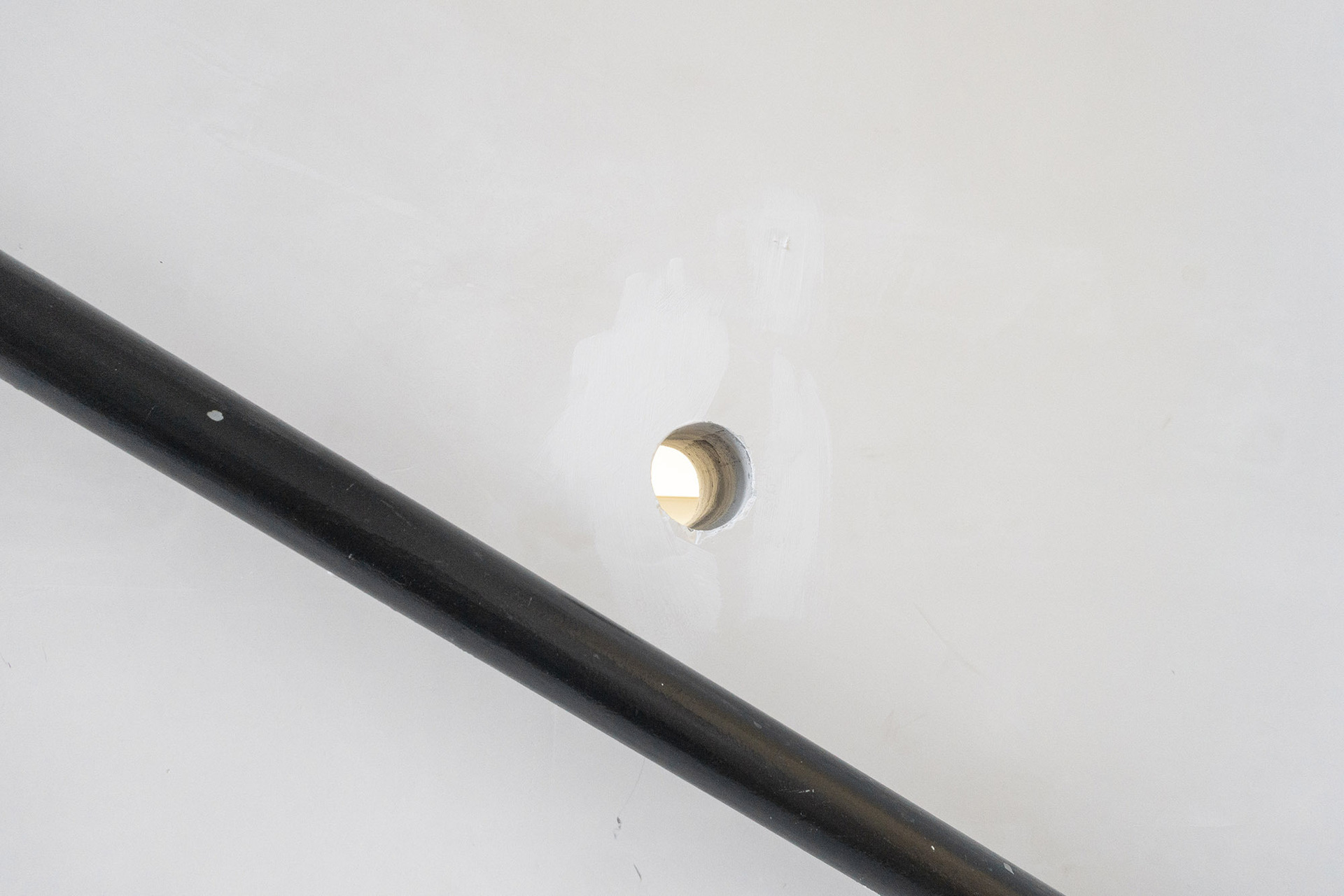
Location
Kastanien BerlinDate
28.10Photography
Rosario Aninat and Jiyoon ChungSubheadline
Solo exhibition at Kastanien Berlin — Rosario Aninat (*1993, Santiago, Chile) lives and works in Frankfurt am Main. Since 2019 she studies at the Städelschule in the class of Willem De Rooij.Text
Neurosis of a sculpture of the present times:
I am trying to say something about me and the others who are here with me without saying something about the material, or about abandonment, nor about places and nonplaces, ruins, modernity, memory, the modernist ideology of the city, rust, decay, nor about space, no, oh, no, please, not again, about the object. Nothing like “the place of the material object displaced through space”—a line of sorts you can still read sometimes in some writings about art (when they are writing about myself and my variations; in other media you can find other repeated lines I will not mention here). I hope I will avoid any talk about the baroque, crypto-fascist listing of both materials and constructive and installation techniques, the kind of thing you get when artist and
curator in concert aim to provoke an erection in their male reader through a detailed and pornographic description of hard and soft things being brought into submission— reinforced cement concrete, poly-something resin, extruded PVNSQL...-whatever1, COR-TEN steel, chrome, etc.—while I hear the moaning:
—¡Aaaah...!
—¡Oooh!
—¡Ah-ah!
And the sounds: ¡Bang! ¡Clank! ¡Boom! ¡Hush! ¡Pam! ¡Pum-pump!
During his disappointing trip to China in 1974, Roland Barthes—who was unable to write after this experience a book comparable to The Empire of Signs (written after a trip to Japan)—recorded in his travel journal an interesting concept: the brick. ‘Bricks’ are phrases and words that are constantly repeated in the public and private discourse of Maoist China—he could have used another term, such as commonplace, cliché, topic, etc.2, but Barthes insists in talking about bricks: I guess he thinks about the brick’s strength, hardness, bluntness, their construction use, their huge numbers (in a wall or in a pile) and their uncanny resemblance—each brick more or less is like the other, as if one implies the next one. The writer tries to make a list of bricks
(entries in the diary begin with “A brick:...”, “Another brick:...”), he asks one of Chinese tour-guides to write a list of bricks for his own personal use3, the guide refuses, bricks are not a laughing matter, etc.
Another brick: Not too many years ago—I don’t know if it is still happening, I find it hard to keep up with what is being said about me, I remember those years as if they were eons ago—it was difficult that a curator or another commentator of the arts could resist the temptation to speculate about me, it was like my own existence, or that of someone like me, dragged them necessarily to speculation—yeah, always resorting to that word, speculation. Usually, a couple of lines later, Ontology and/or Metaphysics made their own appareance —or was it Ontology+Metaphysics? I never understood if they were one or two distinct entities. Later we were joined by Politics4, and our conversation was mostly about saying stuff, most of the time not nice, about Capitalism (the loathsome Landlady of this apartment called Contemporary Art, where I have been living since many, many years). We spoke behind her back; we still do it with more or less intensity and aggression. It seems that she couldn’t care less, even when, as I have been told, she is aware of everything we say.
The conversation would eventually turn to me, not me-myself, but an aspect of me- myself: my matter. They were all completely obsessed with my materiality—now that I think about it, the reason must have been that neither Politics nor Ontology+Metaphysics had a clear material condition, neither did the curator, who most of the time looked very, very thin5, a condition emphasized by his black clothes that made him look like a shadow or, because I too can be speculative, a trans-
dimensional entity.
My materiality, they insisted (or insist, because they keep telling me this—I will try to keep myself in the present times), reveals a way of thinking with far-reaching implications for Ontology+Metaphysics. These new thoughts, O+M kept saying, put them in a stimulating, positive crisis, they would say their own foundations were erotically shaken, and that they liked that6. Sometimes I resisted their overtures, but most of the time I let myself be loved, especially when the curator approached us, and his dark suit of anti-matter swallowed up the light in the room, creating a more intimate atmosphere—and, because of my material nature, causing a debilitating effect on my will and my capacity to resist, which was interesting and I actually liked it.
With Politics things were different and strange. While she was never looking for what Ontology+Metaphysics wanted from me, she was nevertheless terribly obsessed with me—more than once she claimed to be a materialist herself (she said this word stabbing his index finger in my chest several times, as if scoring each syllable), and insisted that she should be more like myself. The first few times I was flattered by his words, but this materialism of hers got very annoying over time, because she was implying, at least that’s what I understood later, that I should also aspire to be like this thing she said she wanted to be— and when, late in the evening, I inquired about the true meaning of what she was talking about, she just screamed: Materialist Politics! Recently she has said—of course only to other people, because she never says it to my face when we meet—that I am not materialist enough, or that I never was one at all. I am told that lately she has been obsessed with Praxis.
****
1 For the next time: a meditation on the esoteric acronyms of the petrochemical industry and their relationship with other acronyms, such as political parties, sexual-militant terminology, corporate slang, drugs.
2 Talking about those terms is usually a trap—the cliché of denouncing clichés and commonplaces (or defending them, too!), and that's why I imagine he was looking for another term, so he could talk about something else.
3 Of course, he does not ask for it that way: the author is careful not to use the term in public.
4 Sometimes we were joined by Science, a very illustrious and interesting guest that no one took seriously, despite infinitely raising the level of our conversations, so she was always the first to leave us, spending her time better by focusing in her own projects.
5 Not even the few times I found him fatter he could give me any other impression: he reminded me more of a balloon, a “gas giant” (like Jupiter or Neptune) or a cloud rather than a proper body.
6 Even if, in one of our conversations, Science confided to me discreetly that O+M was a fading star, that their time had already passed long time ago, and that honestly she had no idea about what kind of stimulation they were talking about, because there weren't many foundations left to shake in that crumbling building.
Domingo Martínez @domingomartinezrippes